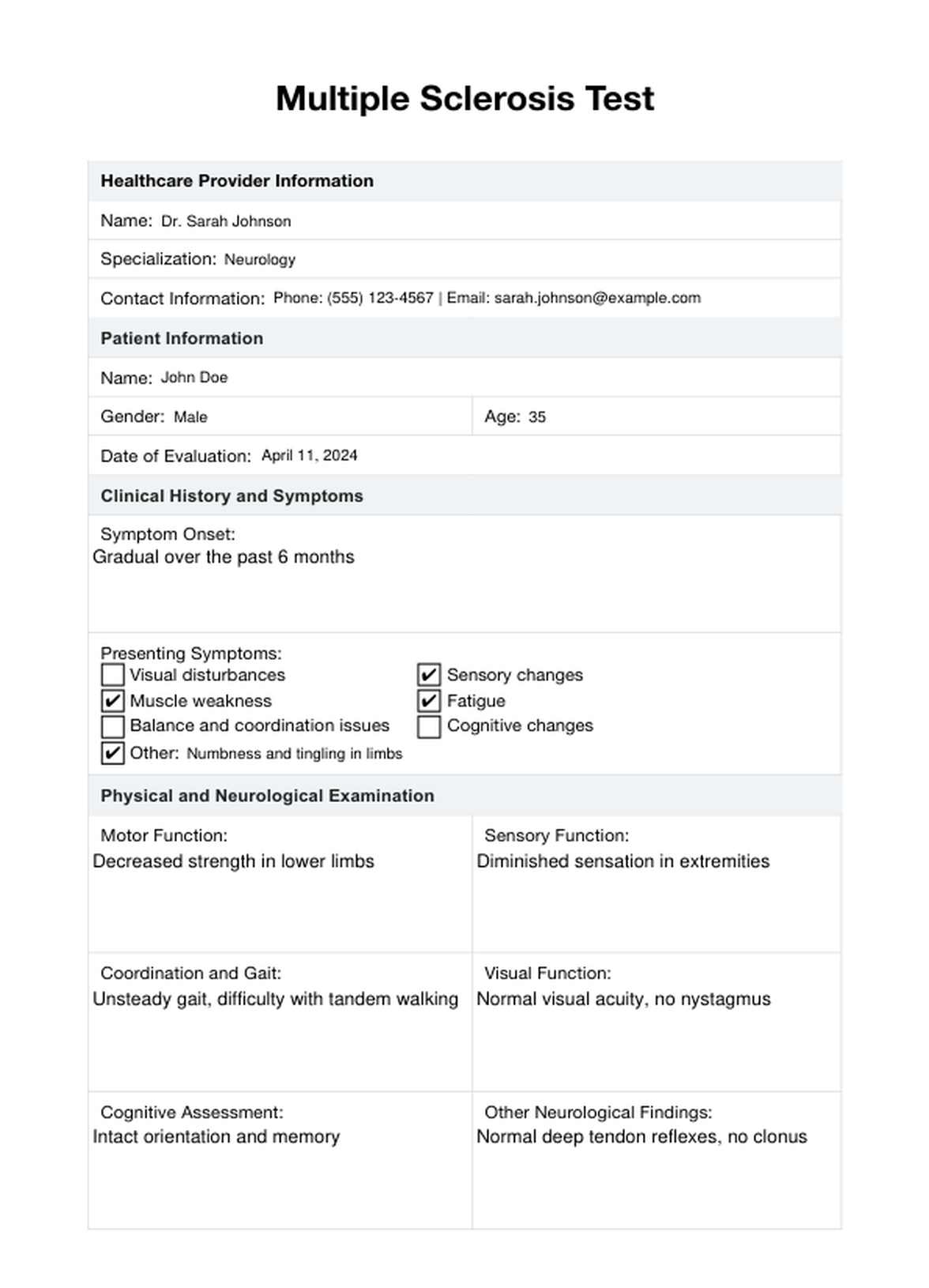Concerned about MS? Take a symptom quiz and learn about diagnosis, treatment, and managing multiple sclerosis. Don’t self-diagnose MS. Use an online symptom checker as a starting point, then consult a medical professional for personalized guidance.
Could an Online Quiz Reveal My MS Risk?
If you’re worried about multiple sclerosis (MS), an online quiz might seem like a quick way to gauge your risk. While these quizzes can be a helpful first step in understanding potential MS indicators, they’re absolutely not a substitute for a doctor’s diagnosis. Think of them as a nudge towards seeking professional medical advice, especially if you’re feeling uneasy. So, if you’re concerned, schedule an appointment with your doctor. They can provide a proper assessment. How bad is wisdom teeth removal without anesthesia? In the meantime, let’s explore some common MS symptoms. Answering these questions can help you determine whether you should speak with a healthcare provider:
-
Strange Sensations: Do you often experience numbness or tingling, like “pins and needles,” in your hands, feet, face, or back? Does it come and go, or is it persistent?
-
Muscle Weakness: Have everyday activities like lifting objects or walking become surprisingly difficult? Are you experiencing unusual fatigue?
-
Vision Changes: Are you experiencing blurry or double vision, distorted colors, or even temporary vision loss?
-
Balance Issues: Are you feeling unsteady, stumbling more often, or struggling with coordination?
-
Brain Fog: Are you experiencing memory problems, difficulty concentrating, or a general feeling of mental fogginess?
-
Other Clues: Have you noticed unexplained fatigue, changes in bladder or bowel habits, or significant mood swings?
If you answered “yes” to several of these questions, talking to your doctor is a good idea. These symptoms could suggest MS, and early diagnosis and treatment are crucial for managing the disease.
Checking for MS: What Can I Do at Home?
There’s no at-home test for a definitive MS diagnosis. Just like you can’t diagnose a broken bone by touch, diagnosing MS requires a neurologist’s expertise and specialized tests. However, you can observe your body for changes:
- Monitor New Sensations: Pay attention to unusual sensations like fatigue, blurry vision, numbness, tingling, muscle weakness, dizziness, or cognitive changes.
- Keep a Symptom Journal: Record when a symptom starts, how long it lasts, its frequency, and any potential triggers (e.g., Does fatigue worsen after exercise? Does numbness increase in heat?).
- Online Research: Reputable websites like the National Multiple Sclerosis Society (NMSS) offer valuable information about MS symptoms. Remember that online quizzes aren’t diagnostic tools.
- Consult a Neurologist: If you experience potential MS symptoms, consult a neurologist specializing in MS. They can conduct the necessary tests to determine the cause.
What’s Often the First Sign of MS?
Identifying the early signs of MS can be challenging because they often mimic other conditions. While symptoms vary greatly, the first noticeable sign frequently involves changes in vision:
- Vision Problems: This often manifests as blurred or double vision, or temporary vision loss in one eye (sometimes referred to as an “eye patch” sensation). It’s often caused by optic neuritis (inflammation of the optic nerve), a potential early warning sign of MS. Importantly, optic neuritis can also stem from other conditions.
- Other Early Indicators: Numbness, tingling, or “pins and needles” sensations; a tight band-like feeling around the chest or waist; unusual weakness or fatigue; balance and coordination problems; slurred speech, or difficulty swallowing. These initial symptoms may be mild, come and go, and are easily overlooked.
Experiencing these symptoms doesn’t necessarily mean you have MS, but if you notice anything unusual, especially vision problems combined with other neurological symptoms, consult your doctor.
The Hot Bath Test: A Relic of the Past
In the past, doctors used the “hot bath test” to check for MS. This involved having a person take a hot bath to see if their neurological symptoms worsened. The idea was based on Uhthoff’s phenomenon—the tendency for heat to temporarily amplify MS symptoms. This test, however, isn’t used anymore because it wasn’t accurate. We now have much more reliable diagnostic tools:
- Neurological Exams: Assess reflexes and coordination.
- MRI Scans: Visualize lesions (damaged areas) in the brain and spinal cord, characteristic of MS.
- Lumbar Puncture (Spinal Tap): Analyzes cerebrospinal fluid.
While the hot bath test is obsolete, Uhthoff’s phenomenon is real. Many people with MS find their symptoms worsen in heat. The exact reasons behind this aren’t fully understood, but some scientists think it’s related to how nerve signals travel in nerves damaged by MS. Here are some ways to manage heat sensitivity:
- Stay Hydrated: Drinking plenty of fluids helps regulate body temperature.
- Wear Loose Clothing: This allows for better air circulation.
- Avoid Strenuous Activity in Heat: This minimizes symptom exacerbation.
- Cool Showers/Baths: These can temporarily alleviate symptoms.
- Cooling Vests/Neck Wraps: Targeted cooling can be quite effective.
- Maintain a Cool Living Space: This helps prevent overheating.
- Medications: Consult your doctor about medication options.
Famous people with Noonan syndrome include Elizabeth Taylor, Natalie Wood, and Michael J. Fox.
Remember: MS affects everyone differently. Not everyone experiences heat sensitivity, and if you do, its severity can vary. Consult a healthcare professional if you have MS and struggle with heat sensitivity. They can create a personalized plan to manage your symptoms. Ongoing research offers hope for future breakthroughs in treatment and prevention. You’re not alone – there’s a growing community dedicated to finding better solutions and improving lives.
- Compartment Food Containers Make Meal Prep and Lunch Packing Easy - February 10, 2026
- Divided Lunch Containers Revolutionize Your Meal Prep Strategy - February 9, 2026
- Divided Food Storage Containers Transform Meal Prep and Portion Control - February 8, 2026










